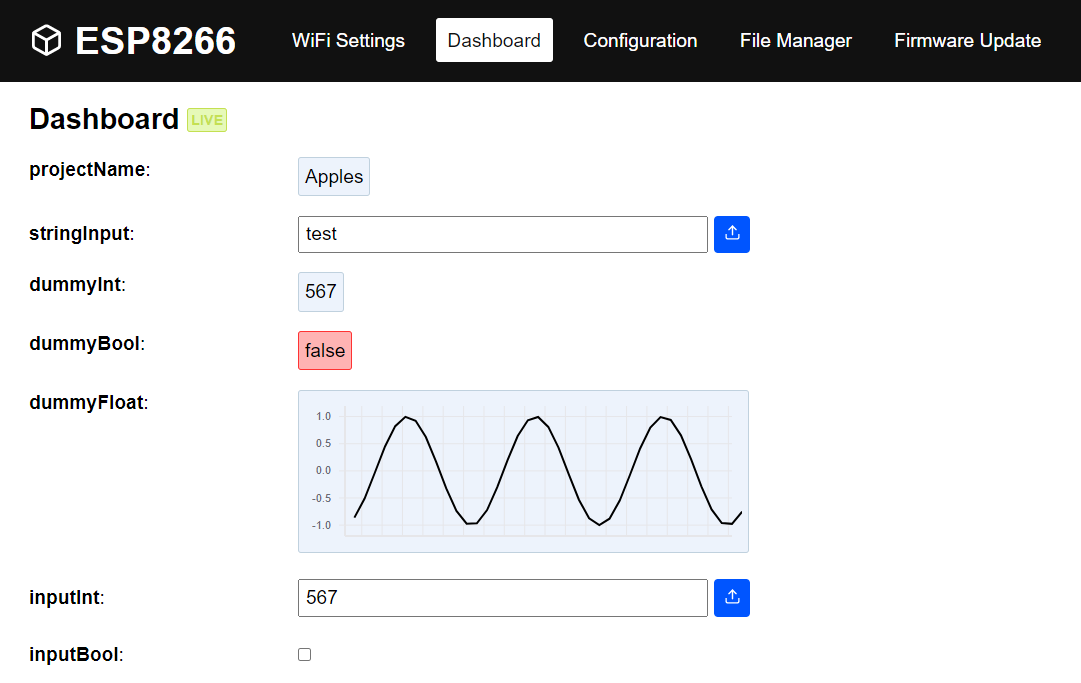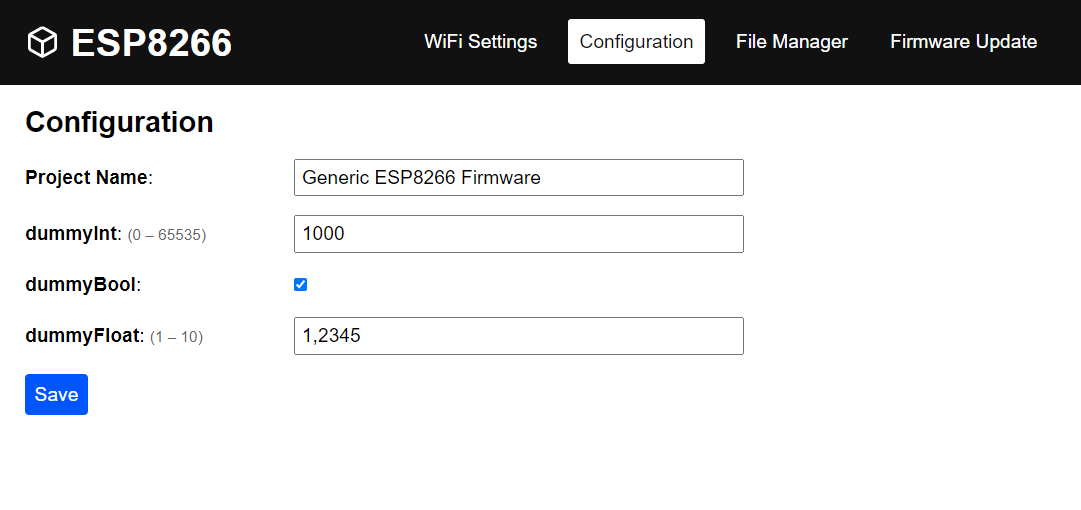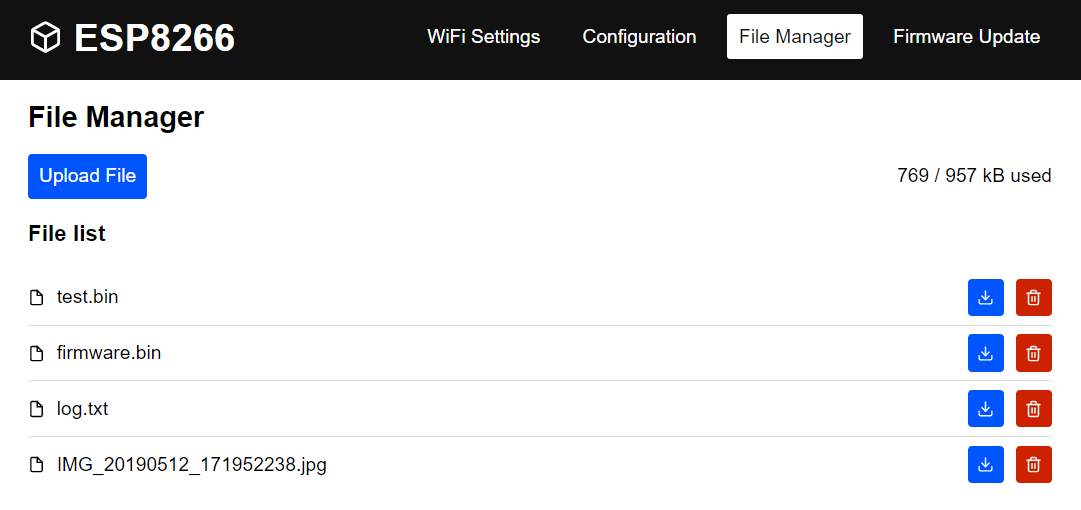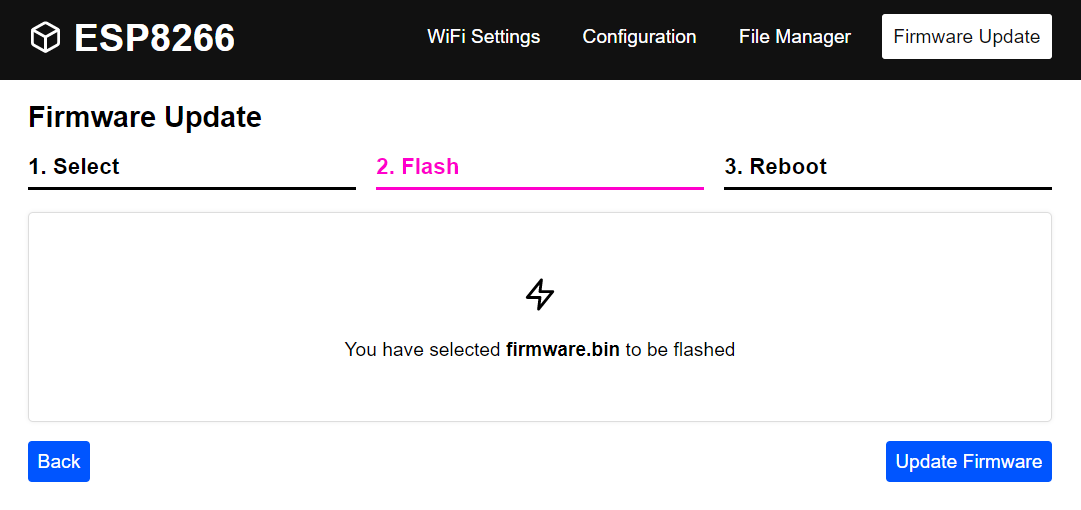I don't think if this is a bug of your code, but updating and reducing the certificates store, (to reduce size on RAM) I have this error:
Start building certificate store
Only for domains: google.com
Skipped: AC Camerfirma, S.A.:AC Camerfirma SA CIF A82743287:http://www.chambersign.org
Skipped: AC Camerfirma, S.A.:AC Camerfirma S.A.:
Skipped: AC Camerfirma, S.A.:AC Camerfirma SA CIF A82743287:http://www.chambersign.org
Skipped: AC Camerfirma, S.A.:AC Camerfirma S.A.:
Skipped: Actalis:Actalis S.p.A./03358520967:
Skipped: Amazon Trust Services:Amazon:
Skipped: Amazon Trust Services:Amazon:
Skipped: Amazon Trust Services:Amazon:
Skipped: Amazon Trust Services:Amazon:
Skipped: Amazon Trust Services:Starfield Technologies, Inc.:
Skipped: Asseco Data Systems S.A. (previously Unizeto Certum):Unizeto Sp. z o.o.:
Skipped: Asseco Data Systems S.A. (previously Unizeto Certum):Unizeto Technologies S.A.:Certum Certification Authority
Skipped: Asseco Data Systems S.A. (previously Unizeto Certum):Unizeto Technologies S.A.:Certum Certification Authority
Skipped: Atos:Atos:
Skipped: Autoridad de Certificacion Firmaprofesional::
Skipped: Buypass:Buypass AS-983163327:
Skipped: Buypass:Buypass AS-983163327:
Skipped: certSIGN:certSIGN:certSIGN ROOT CA
Skipped: certSIGN:CERTSIGN SA:certSIGN ROOT CA G2
Skipped: China Financial Certification Authority (CFCA):China Financial Certification Authority:
Skipped: Chunghwa Telecom:Chunghwa Telecom Co., Ltd.:ePKI Root Certification Authority
Skipped: Consorci Administraci Oberta de Catalunya (Consorci AOC, CATCert):Agencia Catalana de Certificacio (NIF Q-0801176-I):Serveis Publics de Certificacio, Vegeu https://www.catcert.net/verarrel (c)03, Jerarquia Entitats de Certificacio Catalanes
Skipped: Cybertrust Japan / JCSI:Japan Certification Services, Inc.:
Skipped: D-TRUST:D-Trust GmbH:
Skipped: D-TRUST:D-Trust GmbH:
Skipped: D-TRUST:D-Trust GmbH:
Skipped: Deutsche Telekom Security GmbH:T-Systems Enterprise Services GmbH:T-Systems Trust Center
Skipped: Deutsche Telekom Security GmbH:T-Systems Enterprise Services GmbH:T-Systems Trust Center
Skipped: Dhimyotis / Certigna:Dhimyotis:
Skipped: Dhimyotis / Certigna:Dhimyotis:0002 48146308100036
Skipped: DigiCert:Baltimore:CyberTrust
Skipped: DigiCert:Cybertrust, Inc:
Skipped: DigiCert:DigiCert Inc:www.digicert.com
Skipped: DigiCert:DigiCert Inc:www.digicert.com
Skipped: DigiCert:DigiCert Inc:www.digicert.com
Skipped: DigiCert:DigiCert Inc:www.digicert.com
Skipped: DigiCert:DigiCert Inc:www.digicert.com
Skipped: DigiCert:DigiCert Inc:www.digicert.com
Skipped: DigiCert:DigiCert Inc:www.digicert.com
Skipped: DigiCert:DigiCert Inc:www.digicert.com
Skipped: DigiCert:GeoTrust Inc.:
Skipped: DigiCert:GeoTrust Inc.:
Skipped: DigiCert:GeoTrust Inc.:(c) 2007 GeoTrust Inc. - For authorized use only
Skipped: DigiCert:GeoTrust Inc.:(c) 2008 GeoTrust Inc. - For authorized use only
Skipped: DigiCert:GeoTrust Inc.:
Skipped: DigiCert:GeoTrust Inc.:
Skipped: DigiCert:Symantec Corporation:Symantec Trust Network
Skipped: DigiCert:Symantec Corporation:Symantec Trust Network
Skipped: DigiCert:thawte, Inc.:Certification Services Division, (c) 2006 thawte, Inc. - For authorized use only
Skipped: DigiCert:thawte, Inc.:(c) 2007 thawte, Inc. - For authorized use only
Skipped: DigiCert:thawte, Inc.:Certification Services Division, (c) 2008 thawte, Inc. - For authorized use only
Skipped: DigiCert:VeriSign, Inc.:VeriSign Trust Network, (c) 1999 VeriSign, Inc. - For authorized use only
Skipped: DigiCert:VeriSign, Inc.:VeriSign Trust Network, (c) 1999 VeriSign, Inc. - For authorized use only
Skipped: DigiCert:VeriSign, Inc.:VeriSign Trust Network, (c) 2007 VeriSign, Inc. - For authorized use only
Skipped: DigiCert:VeriSign, Inc.:VeriSign Trust Network, (c) 2006 VeriSign, Inc. - For authorized use only
Skipped: DigiCert:VeriSign, Inc.:VeriSign Trust Network, (c) 2008 VeriSign, Inc. - For authorized use only
Skipped: Disig, a.s.:Disig a.s.:
Skipped: E-Tugra:E-Tura EBG Biliim Teknolojileri ve Hizmetleri A..:E-Tugra Sertifikasyon Merkezi
Skipped: eMudhra Technologies Limited:eMudhra Inc:emSign PKI
Skipped: eMudhra Technologies Limited:eMudhra Technologies Limited:emSign PKI
Skipped: eMudhra Technologies Limited:eMudhra Inc:emSign PKI
Skipped: eMudhra Technologies Limited:eMudhra Technologies Limited:emSign PKI
Skipped: Entrust:AffirmTrust:
Skipped: Entrust:AffirmTrust:
Skipped: Entrust:AffirmTrust:
Skipped: Entrust:AffirmTrust:
Skipped: Entrust:Entrust, Inc.:www.entrust.net/CPS is incorporated by reference, (c) 2006 Entrust, Inc.
Skipped: Entrust:Entrust, Inc.:See www.entrust.net/legal-terms, (c) 2012 Entrust, Inc. - for authorized use only
Skipped: Entrust:Entrust, Inc.:See www.entrust.net/legal-terms, (c) 2009 Entrust, Inc. - for authorized use only
Skipped: Entrust:Entrust, Inc.:See www.entrust.net/legal-terms, (c) 2015 Entrust, Inc. - for authorized use only
Skipped: Entrust:Entrust.net:www.entrust.net/CPS_2048 incorp. by ref. (limits liab.), (c) 1999 Entrust.net Limited
Skipped: Global Digital Cybersecurity Authority Co., Ltd. (Formerly Guang Dong Certificate Authority (GDCA)):GUANG DONG CERTIFICATE AUTHORITY CO.,LTD.:
Skipped: GlobalSign nv-sa:GlobalSign:GlobalSign Root CA - R3
Skipped: GlobalSign nv-sa:GlobalSign:GlobalSign Root CA - R6
Skipped: GlobalSign nv-sa:GlobalSign:GlobalSign ECC Root CA - R5
Skipped: GlobalSign nv-sa:GlobalSign nv-sa:Root CA
Skipped: GoDaddy:The Go Daddy Group, Inc.:Go Daddy Class 2 Certification Authority
Skipped: GoDaddy:GoDaddy.com, Inc.:
Skipped: GoDaddy:Starfield Technologies, Inc.:Starfield Class 2 Certification Authority
Skipped: GoDaddy:Starfield Technologies, Inc.:
**Added: Google Trust Services LLC (GTS):GlobalSign:GlobalSign Root CA - R2
PermissionError: [WinError 5] Access is denied:
File "C:\users\claudio\.platformio\penv\lib\site-packages\platformio\builder\main.py", line 178:
env.SConscript(item, exports="env")
File "C:\Users\Claudio\.platformio\packages\tool-scons\scons-local-4.0.1\SCons\Script\SConscript.py", line 598:
return _SConscript(self.fs, *files, **subst_kw)
File "C:\Users\Claudio\.platformio\packages\tool-scons\scons-local-4.0.1\SCons\Script\SConscript.py", line 287:
exec(compile(scriptdata, scriptname, 'exec'), call_stack[-1].globals)
File "D:\IOT PlatformIO\esp8266-iot-framework\scripts\preBuild.py", line 49:
preBuildCertificatesFun(domains)
File "D:\IOT PlatformIO\esp8266-iot-framework\scripts\preBuildCertificates.py", line 122:
ssl = Popen([openssl,'x509','-inform','PEM','-outform','DER','-out', certName + '.der'], shell = False, stdin = PIPE)**
File "C:\Users\Claudio\.platformio\python3\lib\subprocess.py", line 800:
restore_signals, start_new_session)
File "C:\Users\Claudio\.platformio\python3\lib\subprocess.py", line 1207:
startupinfo)
 Architecture of the framework shown in blue
Architecture of the framework shown in blue









